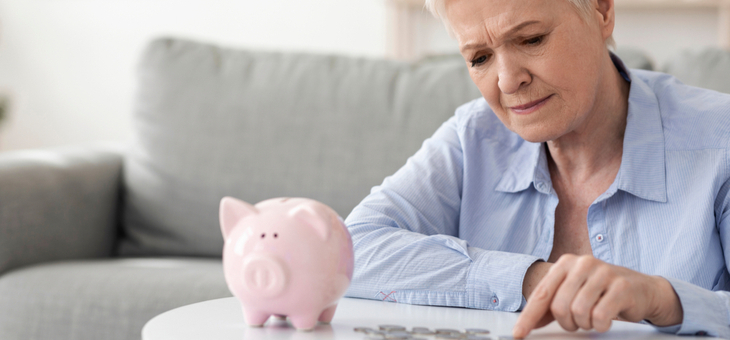Women are the biggest victims of financial strife in the COVID-19 crisis, says new research from AMP, with some women forced to access entire super balances just to get through he pandemic.
“In the past, economic downturns have helped advance women’s financial equality,” states AMP in the Women and super: taking control during COVID-19 report.
“During World War II, women were encouraged to enter the paid workforce while men went off to war, giving many the first taste of independence. And during the downturn of the 1980s, women once again stepped into the role of income earners and female workers increased by 6.2 per cent between 1981 and 1989.
“Unfortunately, early indicators suggest that the COVID-19 crisis appears not to be following suit.”
In fact, due to COVID-19, women’s financial health is at greater risk and the already prominent super gap will widen as a result.
Flexible jobs traditionally fulfilled by women, including those in retail, hospitality, events and food service businesses, have been part of the early casualties of COVID-19 cuts. Many women have been asked to take unpaid leave or work reduced hours and have suffered the biggest pay cuts in 11 of the 19 sectors of the economy and job losses across 14 of 19 sectors.
Women who already retire with around one third less in their retirement savings than men will suffer even more from the loss of super contributions during the downturn as well as the losses incurred from potential compound interest earnings over time caused by raiding super accounts early.
Women also tend to live longer than men (80.7 years for men and 84.9 years for women), so their retirement savings need to last longer.
AMP customer analysis revealed that women are withdrawing slightly less than men but on average, taking out 21 per cent of their starting super balances compared to 17 per cent for men.
However, 14 per cent of women have cleared out their entire super balance as a result of the withdrawals compared to 12 per cent of men.
The early release scheme may help many women through this crisis but could put them further behind in the long run, says AMP’s managing director of superannuation Lara Bourguignon.
“We know that women are already behind men in a number of financial measures, including longer-term savings, retiring with 31 per cent less super at retirement. This is being further impacted by their greater proportion of early super withdrawals,” she told 9news.com.au.
Ms Bourguignon suggest exhausting all other government assistance plans such as JobKeeper and coronavirus supplements prior to accessing super early, using ASIC’s MoneySmart retirement planners tool, checking whether they qualify for the low income super tax offset (LISTO) and utilising spouse super contributions where possible.
This benefit is available where one spouse (husband, wife, de facto or same-sex partner) contributes an amount of money into their partner’s super. Providing the receiving partner is a low-middle income earner, or unemployed, the contributing spouse may be eligible for a tax offset.
“It will be a while before the full effects of COVID-19 on women’s finances are known. However, by improving financial literacy and equipping themselves with knowledge, they can make informed financial decisions over the areas they can control, giving them a better chance of being prepared for the future,” states AMP.
Have you had to access any of your super to get you or your family through the coronavirus crisis?
If you enjoy our content, don’t keep it to yourself. Share our free eNews with your friends and encourage them to sign up.
Related articles:
https://www.yourlifechoices.com.au/finance/superannuation/most-aussies-have-no-idea-super-works
https://www.yourlifechoices.com.au/finance/superannuation/online-shopping-boom-hurting-your-super
https://www.yourlifechoices.com.au/finance/superannuation/retirees-who-are-being-overlooked

